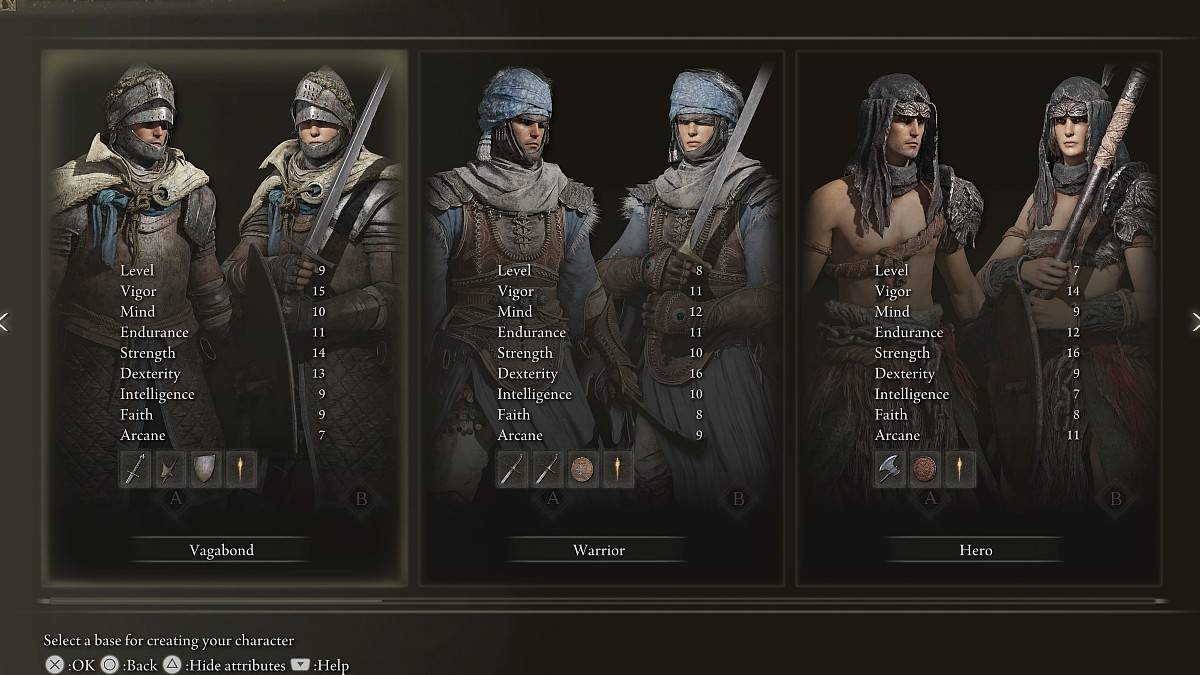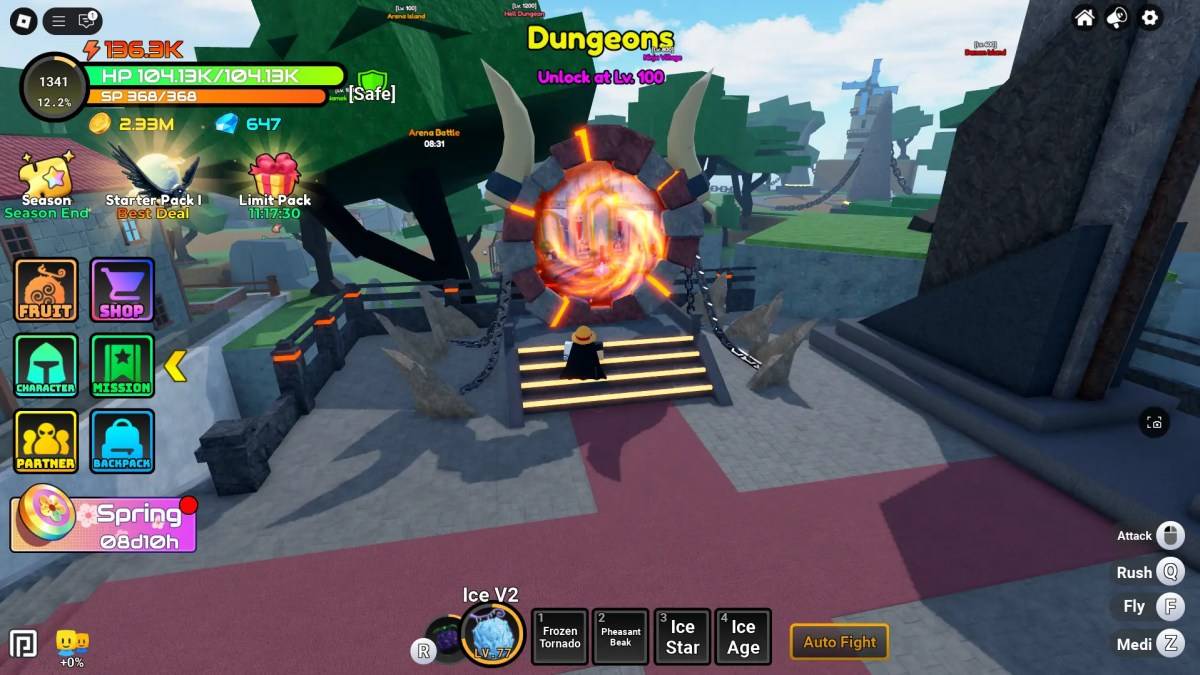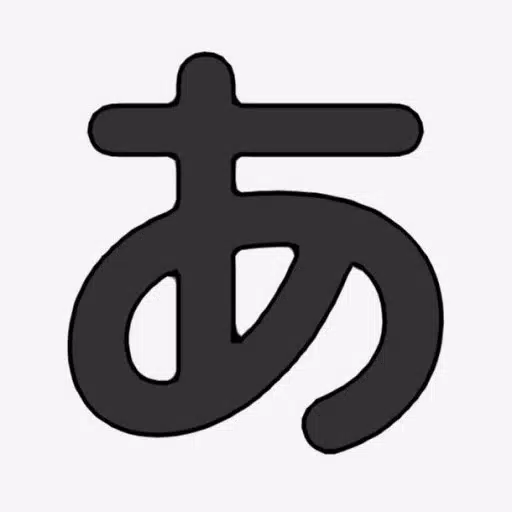Every run in Elden Ring begins with a choice: your starting class. There are 10 distinct options, each offering slight variations in stats and equipment. While the starting class you choose matters less as you progress, selecting the right one can enhance your early-game experience and set the tone for your adventure. Below, we’ve ranked all 10 classes from worst to best, exploring their strengths and weaknesses.
Best Elden Ring Starting Classes, Ranked

Screenshot by The Escapist.
10. Bandit
The Bandit ranks dead last due to its poor stat distribution and lackluster equipment. Starting at Level 5 with Dexterity as the primary stat, it struggles to compete with other classes. Subpar gear and weak bonuses make this class an undesirable choice.
9. Confessor
Confessors suffer from limited utility in the early game. Their reliance on Faith requires specific items to become effective, and their starting equipment offers little synergy with Faith-based builds. Without proper preparation, they fall flat.
8. Prisoner
Similar to the Bandit, the Prisoner struggles with subpar stat boosts and unimpressive equipment. Its Dexterity and Intelligence focus pale in comparison to other specialized classes.
7. Warrior
While not the worst Dexterity-focused class, the Warrior falls short compared to stronger options. Although it starts with two swords and slightly higher Dexterity, the gear doesn’t justify the pick, and it lacks the versatility of top-tier classes.
6. Prophet
Faith-based classes are notoriously challenging to master, but the Prophet edges ahead thanks to decent spell options. However, its underwhelming equipment holds it back, making it a middling choice overall.
5. Hero
The Hero shines in the early game with a powerful Battle Axe and high Strength. Its Ash of War adds significant damage potential, making it a solid choice for those who prefer melee combat. Still, its low Dexterity limits flexibility.
4. Samurai
A top-tier Dexterity class, the Samurai excels with its exceptional Uchigatana, which boasts great scaling and impressive damage output. Combined with solid armor, it’s one of the best choices for players who prioritize physical damage.
3. Astrologer
The Astrologer reigns supreme for mages and Intelligence-based builds. Starting with 16 Intelligence at Level 6, it provides ample room for growth while equipping you with ideal tools for spellcasting. Even when transitioning to hybrid builds, this class remains versatile.
2. Wretch
The Wretch stands out as the ultimate customization tool, starting at Level 1 with 10 points in every stat and a strong Ash of War. While it’s a punishing choice for beginners due to its low level and lack of armor, it shines for players looking to tailor their builds extensively or respec later.
1. Vagabond
Unquestionably the best starting class, the Vagabond combines excellent stat distribution, a formidable weapon, and reliable armor. Its adaptability ensures success regardless of whether you’re a newcomer or a seasoned player.
Does Your Starting Class Matter in Elden Ring?
Ultimately, your starting class has minimal impact on long-term progression. While some classes may offer slight advantages early on, you’ll eventually redistribute your stats to align with your desired build. Even a poorly chosen class won’t hinder you significantly down the line.
However, aesthetics and playstyle preferences play a role. If you’re drawn to the Bandit’s charm, there’s no harm in choosing it—you’ll catch up quickly.
What Is the Easiest Class for Beginners?
For newcomers, the Vagabond is the ideal starting class. Its straightforward melee combat and balanced stats make it approachable for those learning Elden Ring’s mechanics.
Elden Ring is available now on PC, Xbox, and PlayStation.








